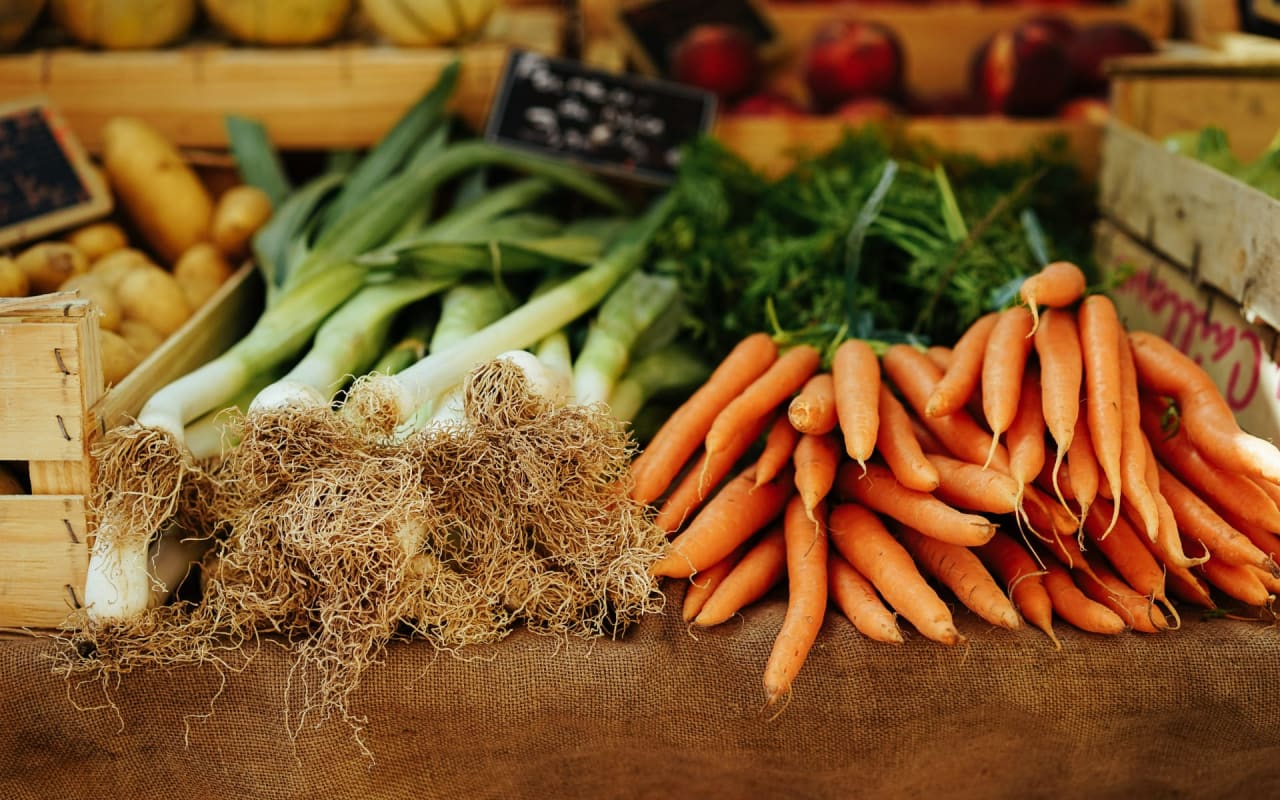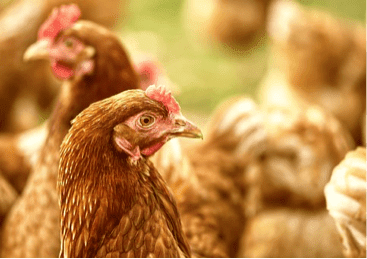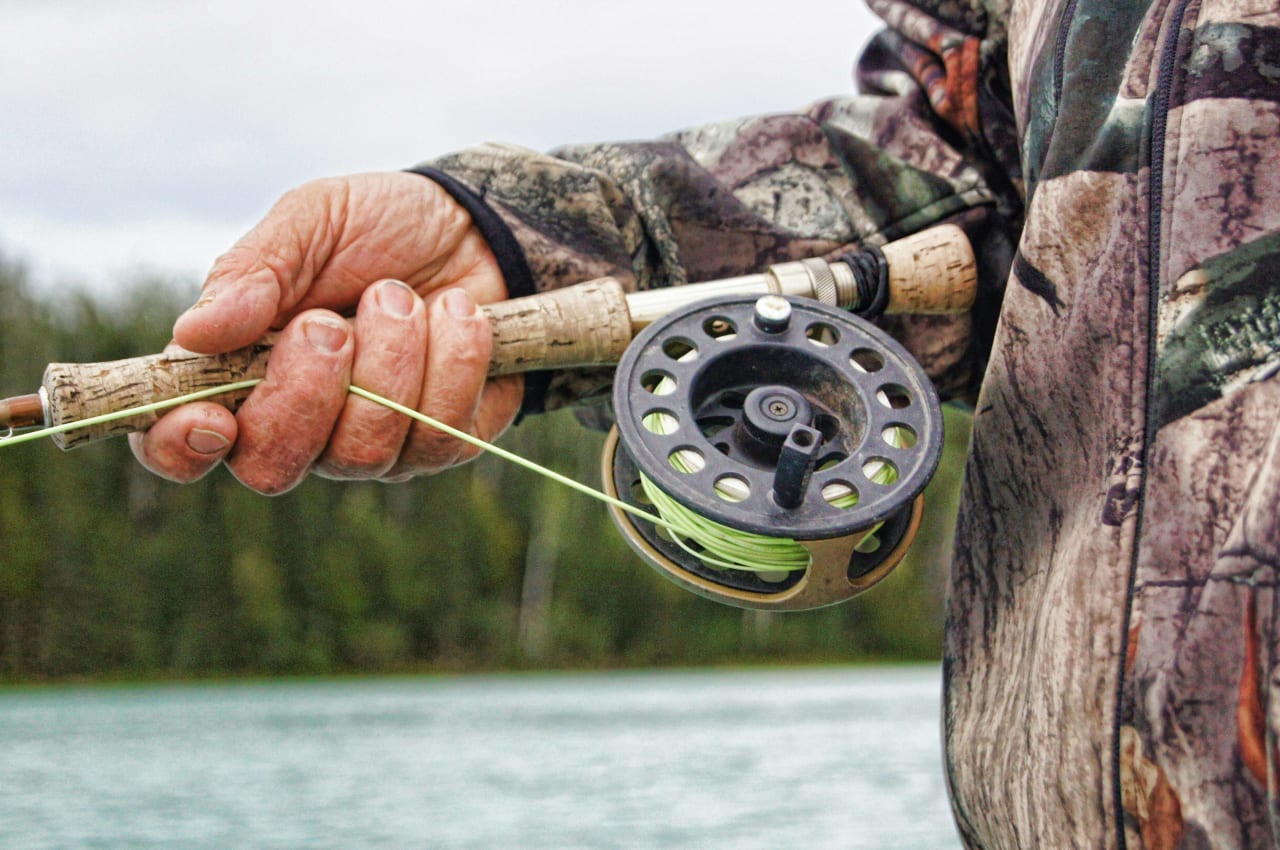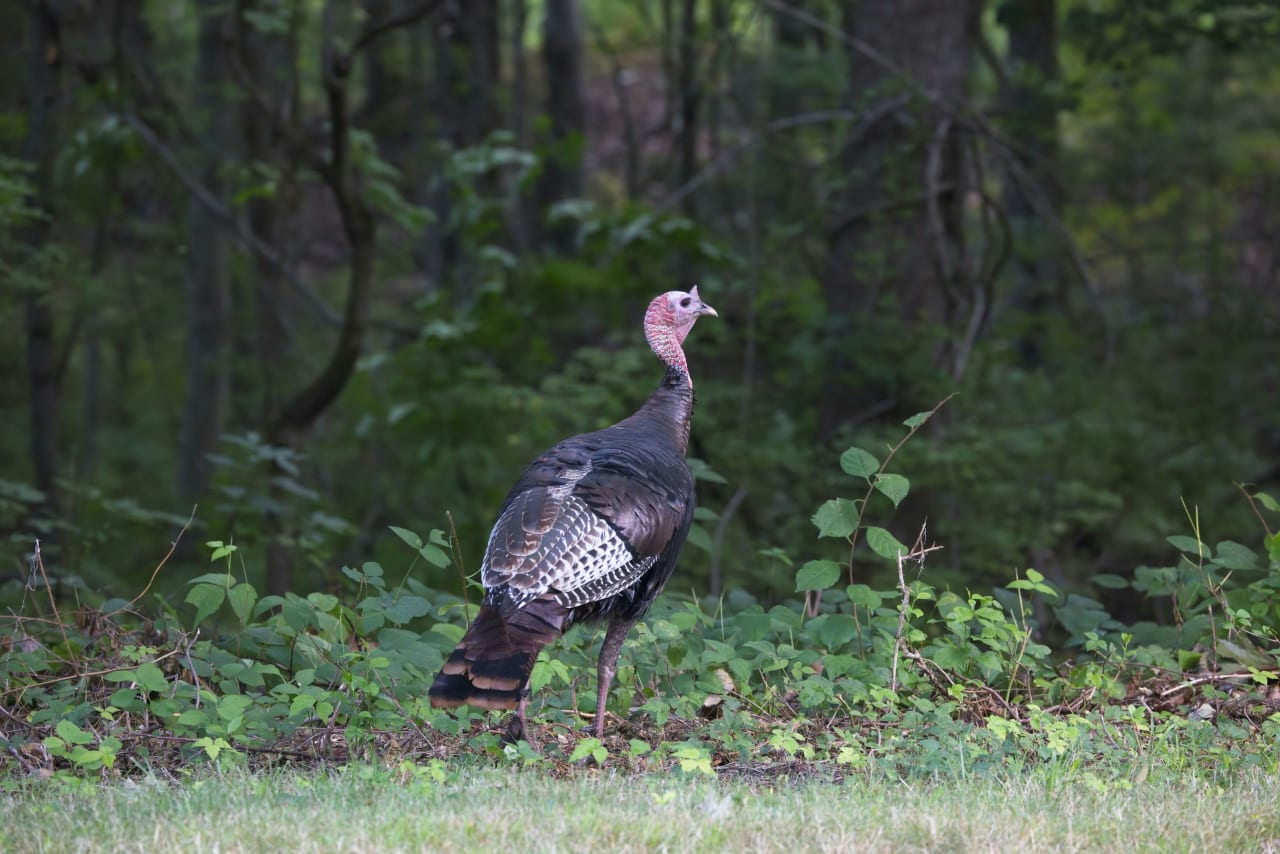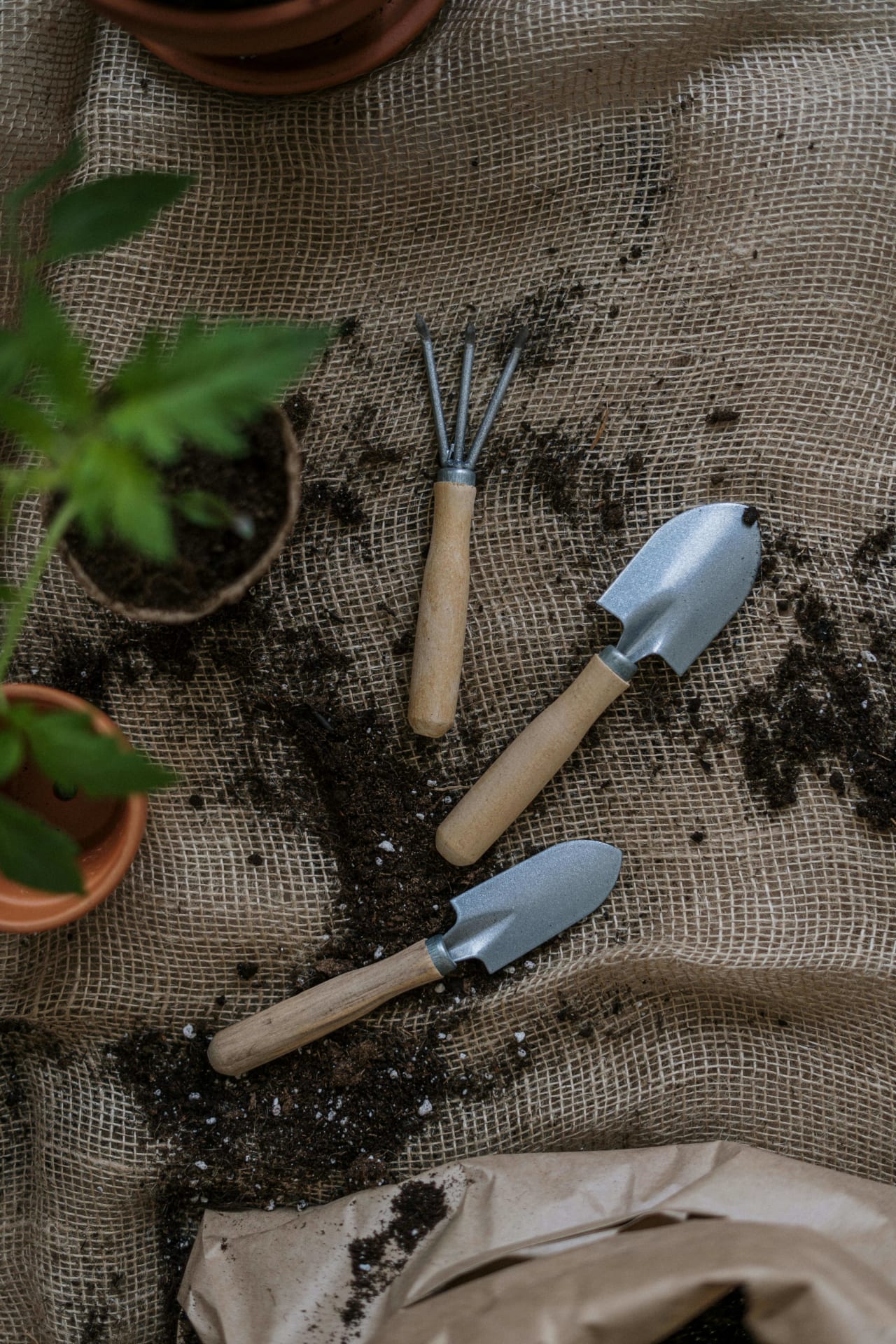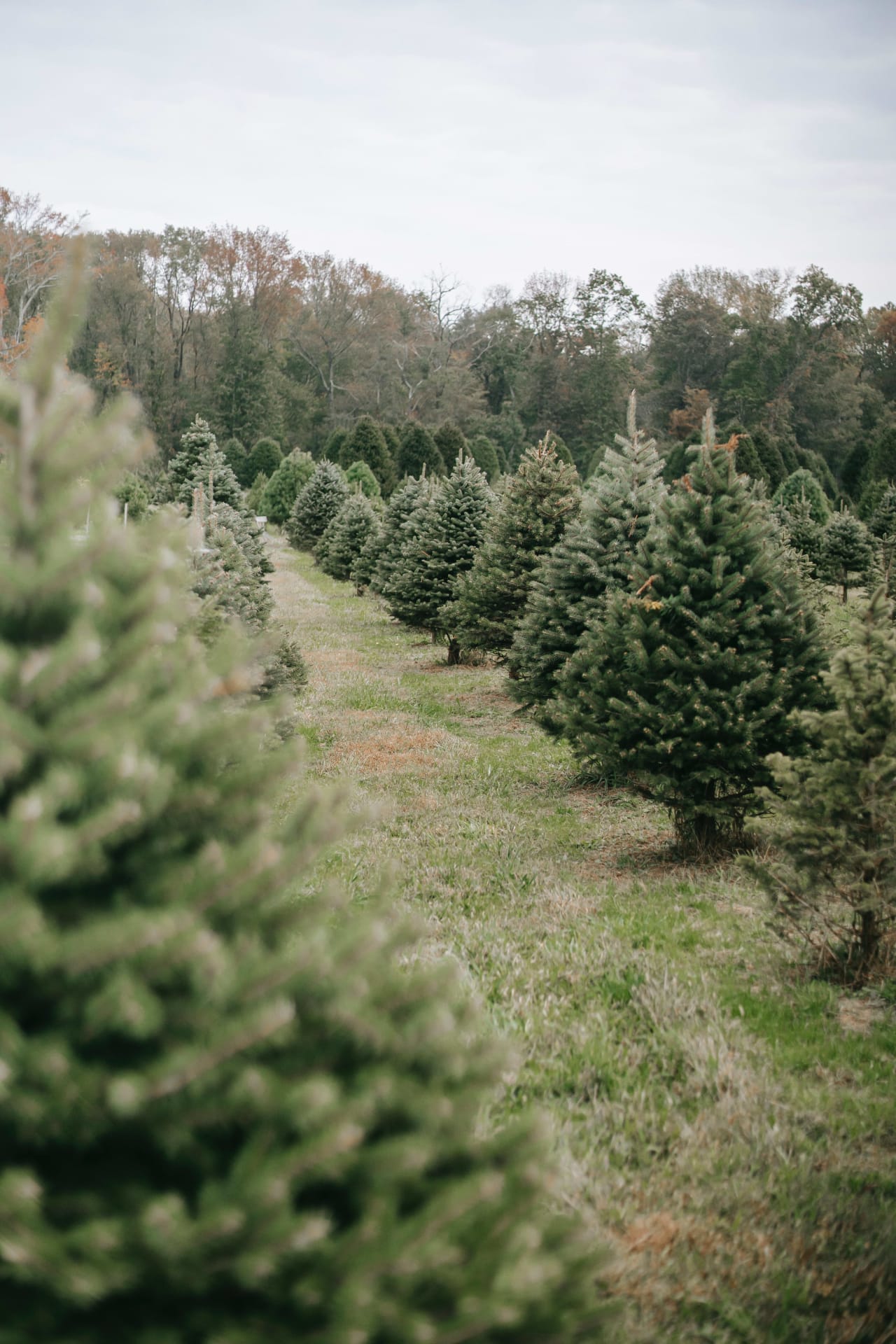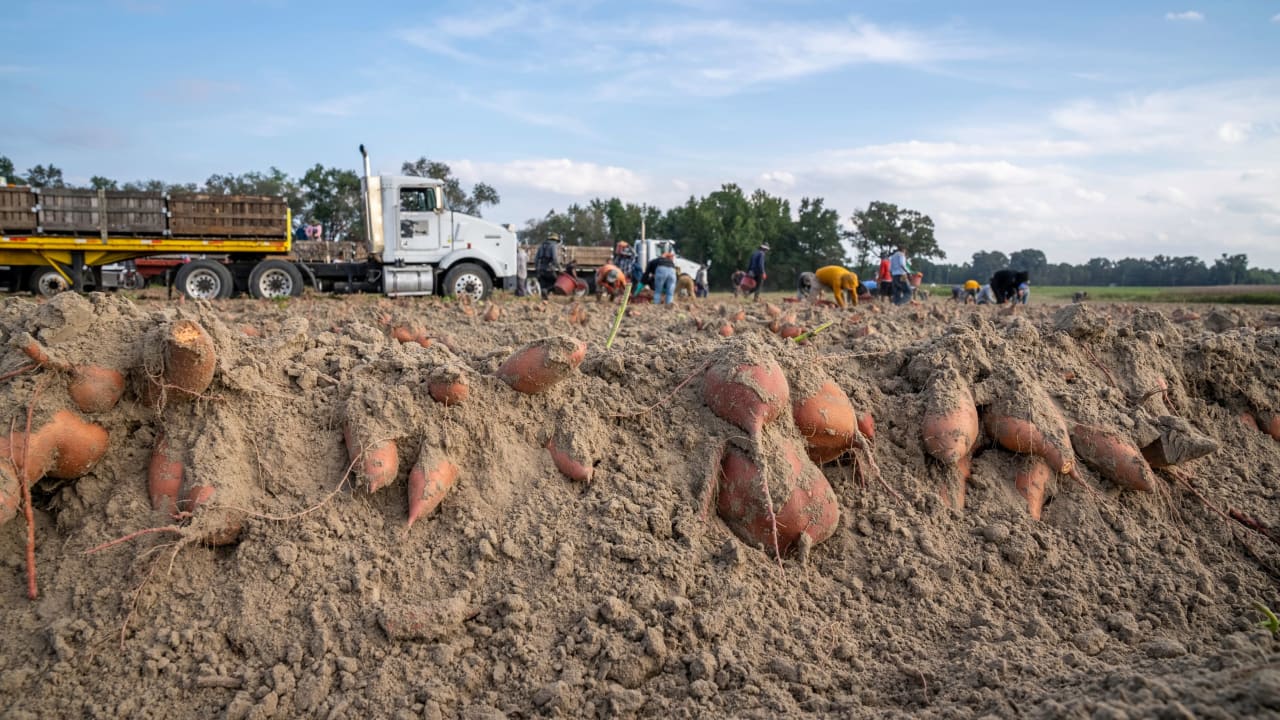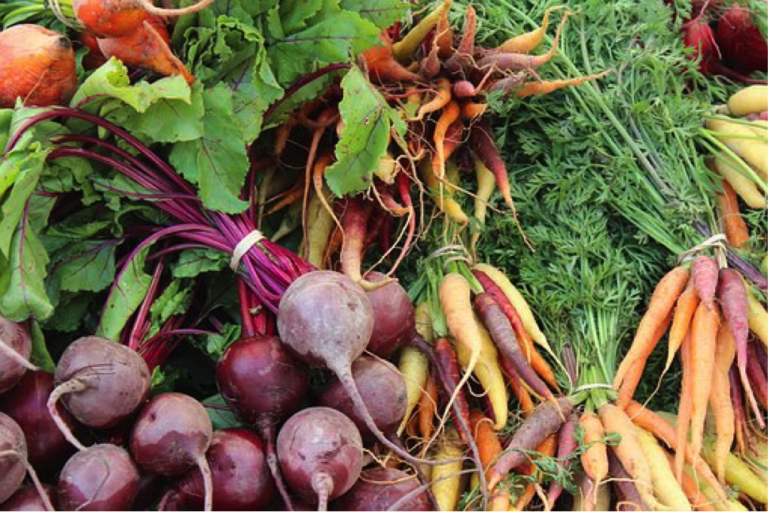
Has it always been your dream to raise a flock of chickens? To grow your own fruits, nuts, herbs and vegetables? Perhaps you’ve always just wanted to live a simpler lifestyle in a rural community where the most traffic you’re likely to face in the evening is a flock of sheep crossing from one side of the road to the other. If so, a hobby farm might be just the thing for you.
What exactly is hobby farming?
From the mountains to the coast, small or part-time farmers or regular homeowners, even, with a passion for the farming lifestyle are enjoying the fulfillment of running small-scale farms – typically five acres or less – based entirely on their own interests. Not all hobby farmers are looking for a money-making venture, and not all are interested in self-sustainability. Some are families, some are “weekend farmers” who farm in addition to their regular careers, and some are retirees with the time and resources to put into new projects, entirely out of a passion for doing so. There is, in fact, no typical hobby farmer.
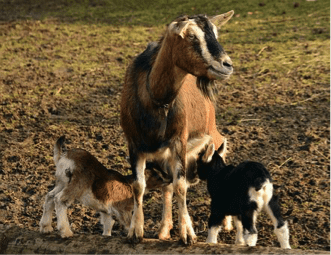
Usually, a hobby farmer is unconcerned with recouping the money he has invested in his venture; his interest is in fulfilling a desire he has to raise crops and/or animals on a small scale for the personal satisfaction of it all, only. He has the money to spend on seed, livestock, equipment and feed and he operates the farm because he enjoys it. Success depends on how he defines the purpose of his farm, and how close reality actually comes to achieving those goals.
Where to Begin?
Before making the decision to purchase a hobby farm, it’s important to consider all the ins and outs, both obvious and not-so-obvious, that come along with operating your own small farm, including these.
- What are your personal goals for the farm? Are you interested in growing crops, or raising animals, or a mix of the two? What are your long-term plans for the farm?
- What is your budget? Keep your eyes out for properties that you can afford, keeping in mind the additional funds necessary to get your hobby farm up and running. Based on your goals, take the time to figure out exactly how much land you’ll need as well as what other expenses will be involved.
- Make sure you consider the true value of the property and the economic climate of the area in which the property is located before you purchase. If one property is priced substantially less than another, comparable piece of land, why is that? Is there a water source on the property? How is the soil? What might happen if you purchase in a depressed area, should you decide to sell down the road? Make sure that the farm you purchase meets all of your financial needs AND personal objectives.
- Do not assume that you will need a piece of property larger than what your actual plan calls for. Do your research ahead of time to find out how much land other small hobby farmers have dedicated to raising animals or cultivating a few crops. Even an acre or two may turn out to be enough space.
- Make sure you are fully aware of what livestock local laws will allow you to keep on your property. Not all animals are welcomed with open arms in all communities, so in order to avoid an unpleasant surprise down the road, check with the local municipality first.
- Be sure to consider what sort of a water source the property has prior to purchasing. A vacant piece of land might make it necessary to dig a well on your own, so plan for that. Even the existence of a stream might not necessarily mean that you have rights to use that water.
- Does the property include a house or other structures that you may or may not want? How is electricity provided? If there is a home, is it in livable condition? What about cable and phone service? Will there be any additional expense involved in bringing these features up to date?
Hobby Farm Vs. Homestead
There are quite a few differences between what is called a “homestead” property and a hobby farm. Basically, a hobby farm is just that – a small farm operated primarily for pleasure – while a homestead is a business venture. A homestead supports the family or farmer living on it, which is not the case of a hobby farm. The sustainability, too, of a homestead is unique in that the farm is designed to be able to entirely provide for its own needs and those of the homesteaders themselves. Anything that cannot be grown or raised on the farm can be purchased with revenue from the homestead. The financial operation of a homestead thus HAS TO be a success; it must show a positive flow of revenue.
Some of the More Challenging Aspects of Hobby Farming
Tax rules and regulations vary from state to state, and in North Carolina, where small, full-time farmers receive certain tax breaks, this is NOT the case for hobby farmers. Additionally, the efforts involved in maintaining a hobby farm are potentially substantial – hot, sweaty hours spent out in the field are unavoidable, as are certain other tasks that might be tiring or unpleasant. And as fun, interesting and rewarding as hobby farming sounds, the added responsibility of caring for crops and animals is sometimes too much for some people to handle.
The Biggest Rewards
Nothing much comes close to the feeling of looking around yourself and seeing the fruits of your labors in a flourishing herb garden, a basket full of farm fresh eggs, or a happy herd of cows grazing on what once was simply a very green, grassy hillside. The mundane acts of watering, weeding or feeding on a warm spring morning are somehow elevated to the most enjoyable tasks imaginable. Most individuals quickly realize how truly happy they are living the self-sufficient, practical and rewarding lifestyle of a hobby farmer.
Find out more about hobby farms here
